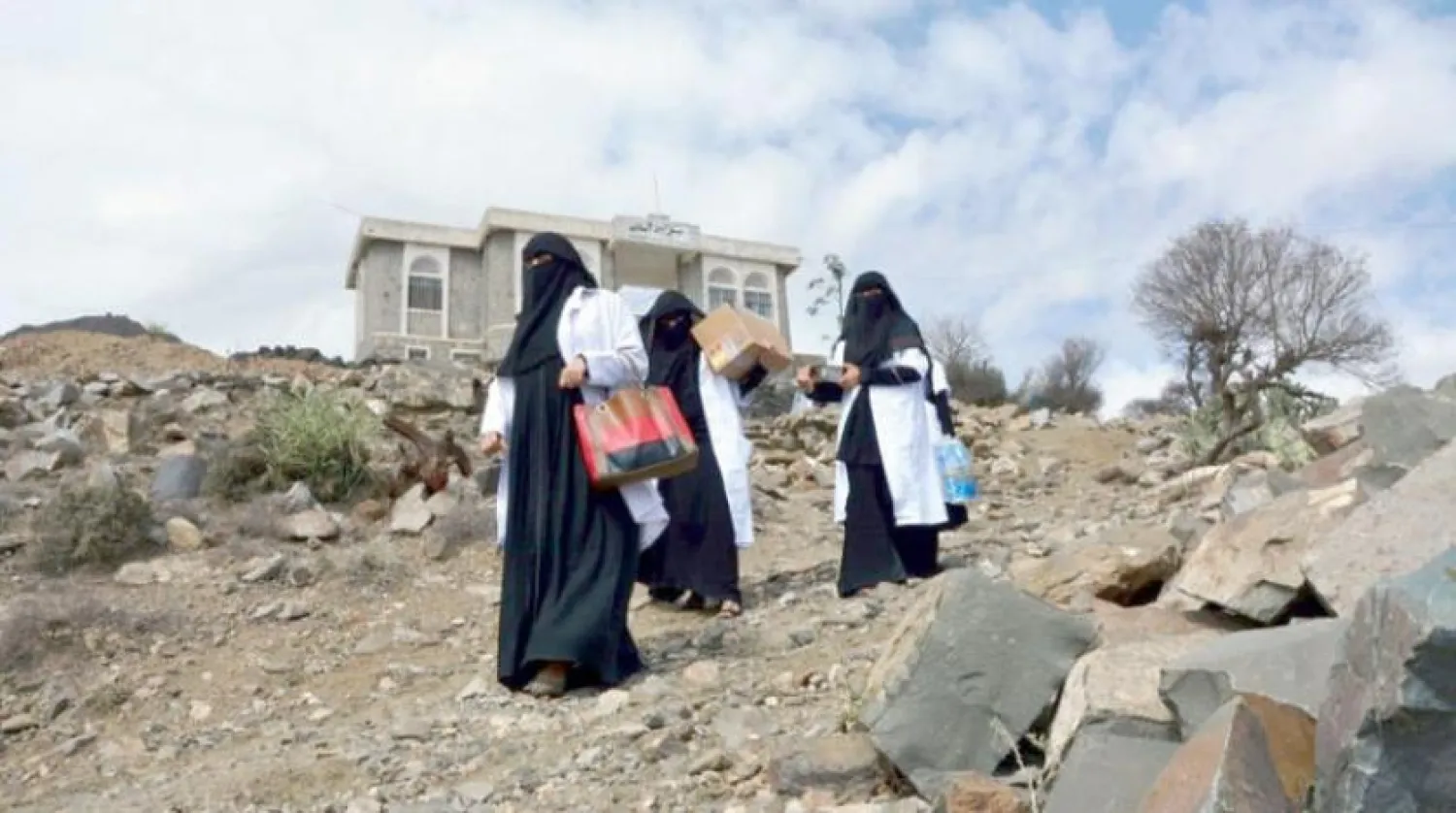The United Nations said violence against aid workers in Yemen have increased at an “alarming.” A statement by the UN Office for the Coordination of Humanitarian Affairs (OCHA), marking the World Humanitarian Day, affirmed that most of the violations took place in Houthi-controlled areas, without identifying the parties responsible for the attacks.
“This year has seen an alarming increase in attacks on aid workers in Yemen,” the statement warned.
The first half of 2022 saw an aid worker killed, two injured, seven kidnapped and nine detained. There were 27 incidents of threat and intimidation between January and June, compared with 17 similiar incidents recorded last year, it added.
There were also 28 carjacking incidents reported in the first six months of the year, 17 more than in 2021.
Twenty-seven attacks against aid organizations’ premises and facilities were also recorded – including the looting of humanitarian supplies and other assets – in H1 2022.
In recent months, the statement said aid workers have been targets of disinformation and incitement, including false allegations that they corrupt Yemeni values, including the morals of young women, in reference to Houthi militias.
“Such baseless allegations jeopardize the safety and security of humanitarian workers, especially Yemeni female aid workers at a time when women and girls are experiencing increased levels of violence and a rollback of their rights in many parts of the globe.”
In this context, the Humanitarian Coordinator for Yemen, David Gressly, said: “Violence and threats against humanitarian workers undermine the delivery of aid, further jeopardizing the lives of those most in need.”
“Aid workers in Yemen remain unwavering in their mission. These selfless women and men continue to step up to every day, providing millions of people in need with food and cash, health services and clean water, protection and emergency education,” Gressly said.
Earlier this month, an OCHA report said Houthi militias obstructed humanitarian aid access to more than five million Yemeni in militia-controlled areas during the second quarter of 2022.
It emphasized that humanitarian access in Yemen remains challenging because “access incidents remain driven by bureaucratic impediments, mainly by movement delays.”
The report revealed that during Q2 2022, humanitarian partners reported 532 access incidents in 88 districts within 18 governorates across Yemen, affecting 5.5 million people.
Almost 55% of the reported incidents pertained to bureaucratic constraints imposed by the authorities, causing restrictions on the movement of humanitarian agencies' staff and commodities in Yemen.
The report asserted that most of these restrictions and obstacles occurred in Houthi-controlled areas, noting that movement restrictions within Yemen were the predominant type of reported access incidents in Q2 2022.









